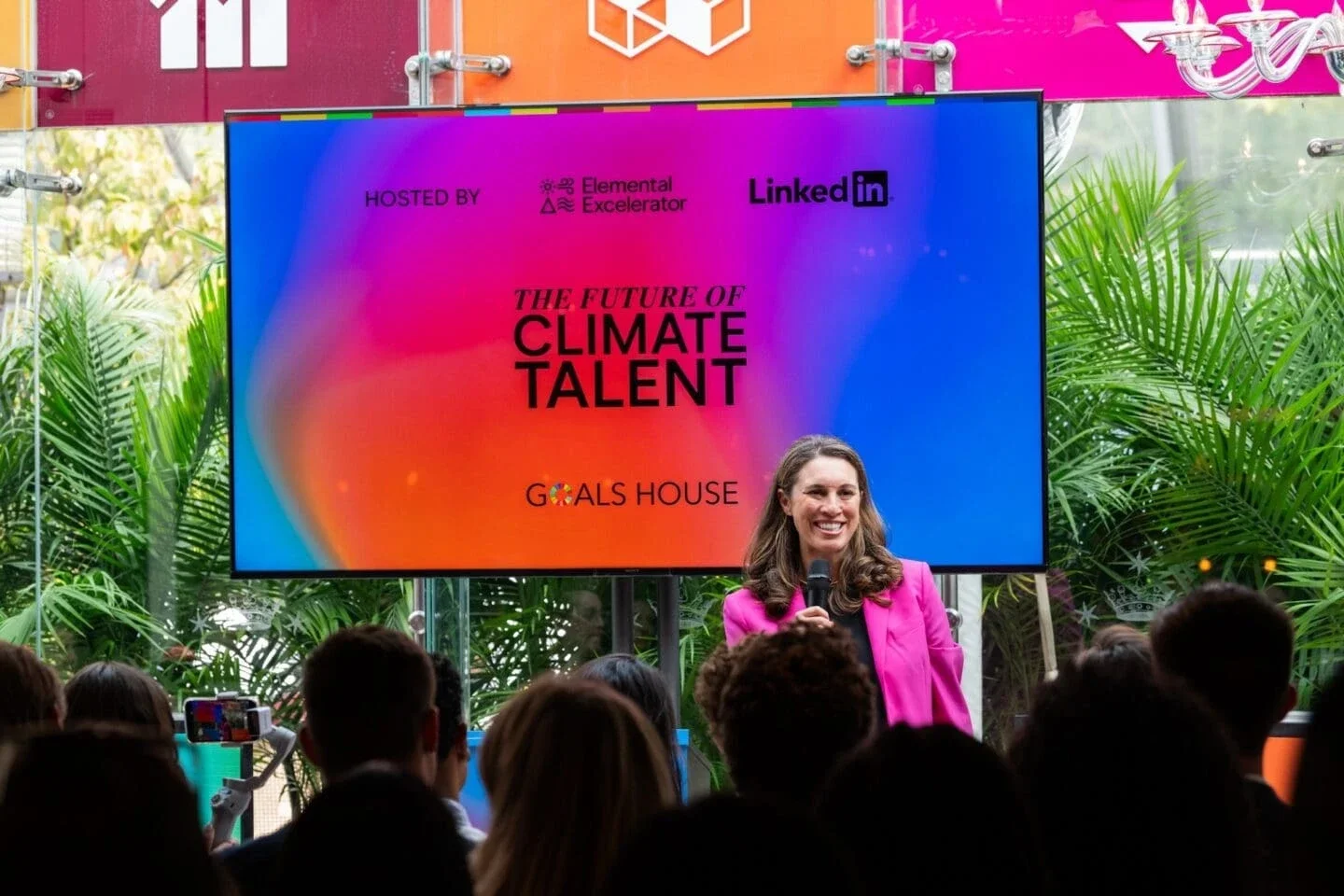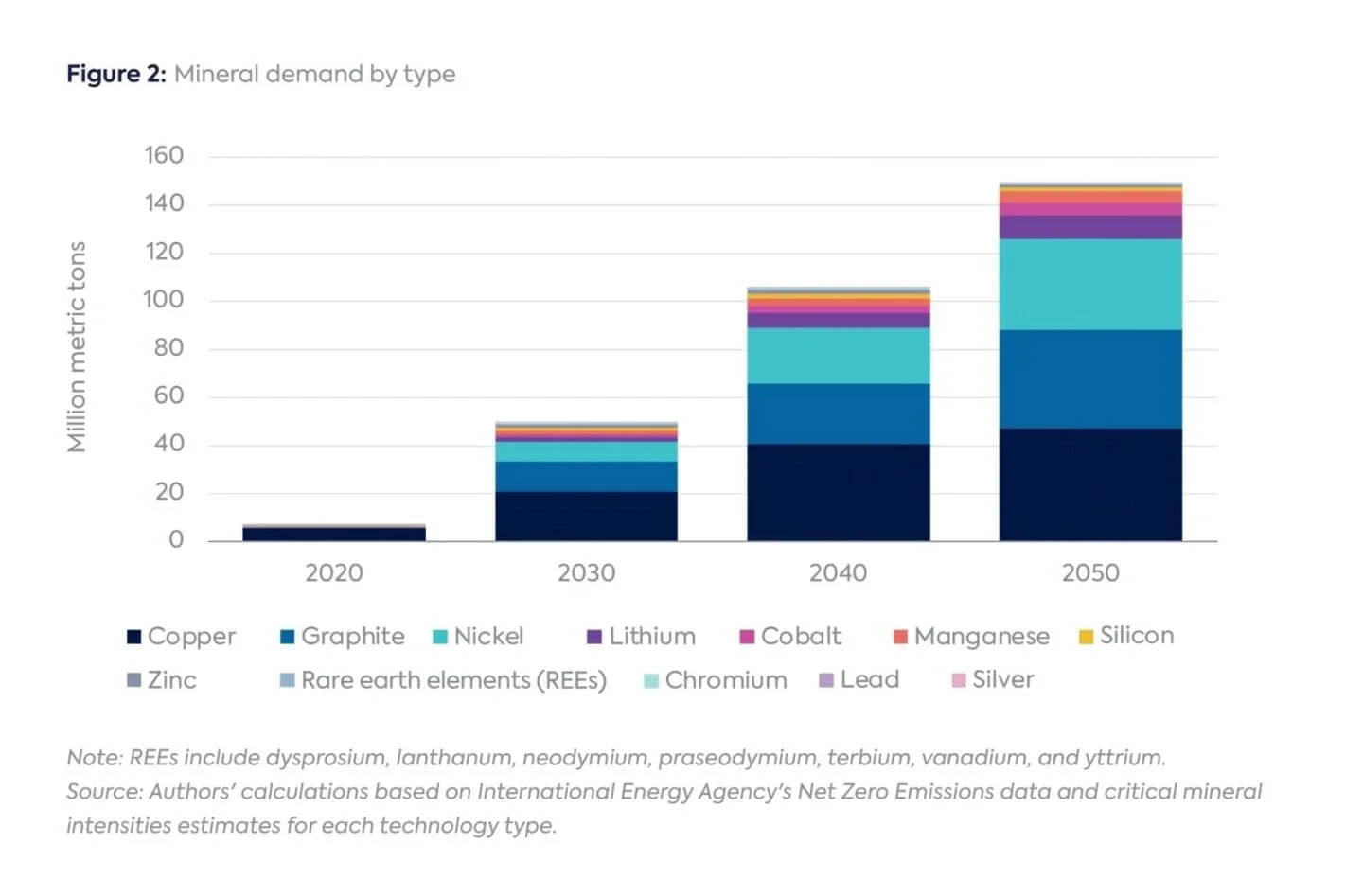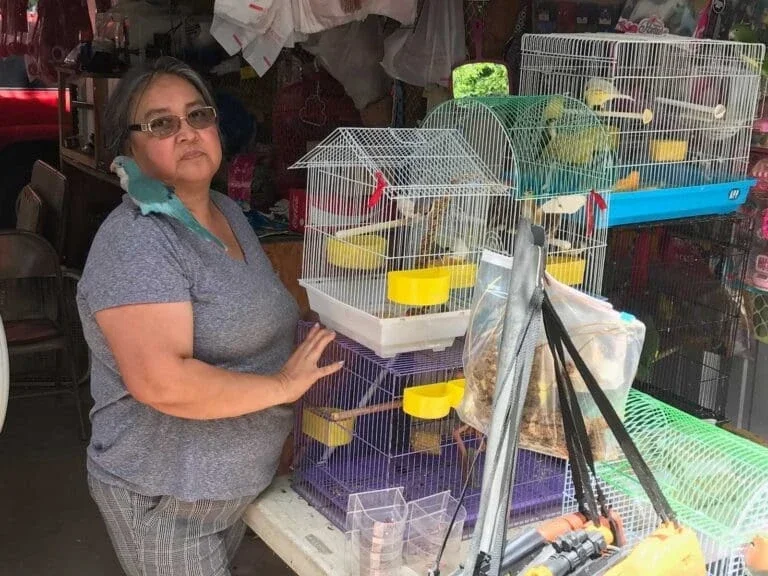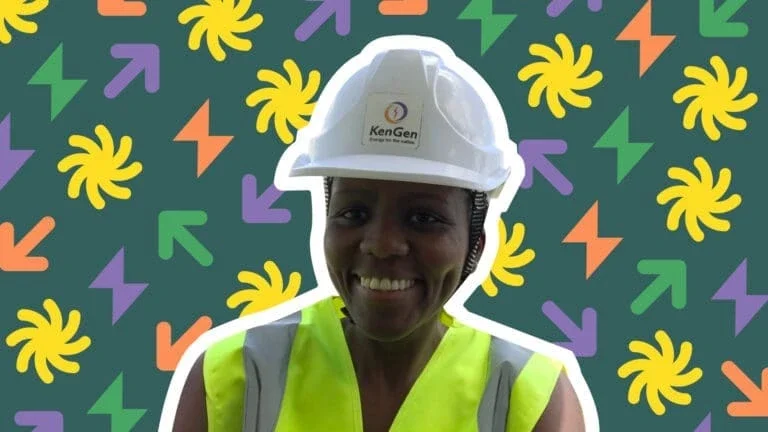Refining Minerals Needed for a Green Transition
Megan O’Connor of Nth Cycle is among those energy innovators that Elemental backs. Her company has created an innovative way to recycle and refine the critical minerals needed to move out of the fossil fuel era, including cobalt, nickel, copper, and manganese.
Right now, the world does not have enough of these minerals to meet the demands of effectively fighting climate change, including making electric vehicles or the motors in wind turbines, she notes.
“These minerals are the true building blocks of green energy,” she said. “They are powering all of these devices that allow us to transition to clean energy, and we need more of them if we are going to be able to meet our climate goals.”
Her refining system is called the Oyster in honor of oysters, which refine waste into pearls. For the less scientific minds, she explains, it operates like a complex Brita filter, using electricity and water to recover critical minerals. Each filter isolates a particular mineral.
What makes the Oyster revolutionary? It uses streamlined, low-emission technology and a small footprint to take generalized waste and isolate badly needed minerals. And it can be brought directly to a mine or recycling site, instead of transporting the materials elsewhere.
The concept began with O’Connor’s appreciation for the circular economy and initially focused on recycling. But O’Connor did the math and realized “even if we recycle 100 percent of electric vehicles coming off the road in 2030, we will still only have a fraction of the cobalt we will need.” So she broadened her potential customer base to mines themselves.
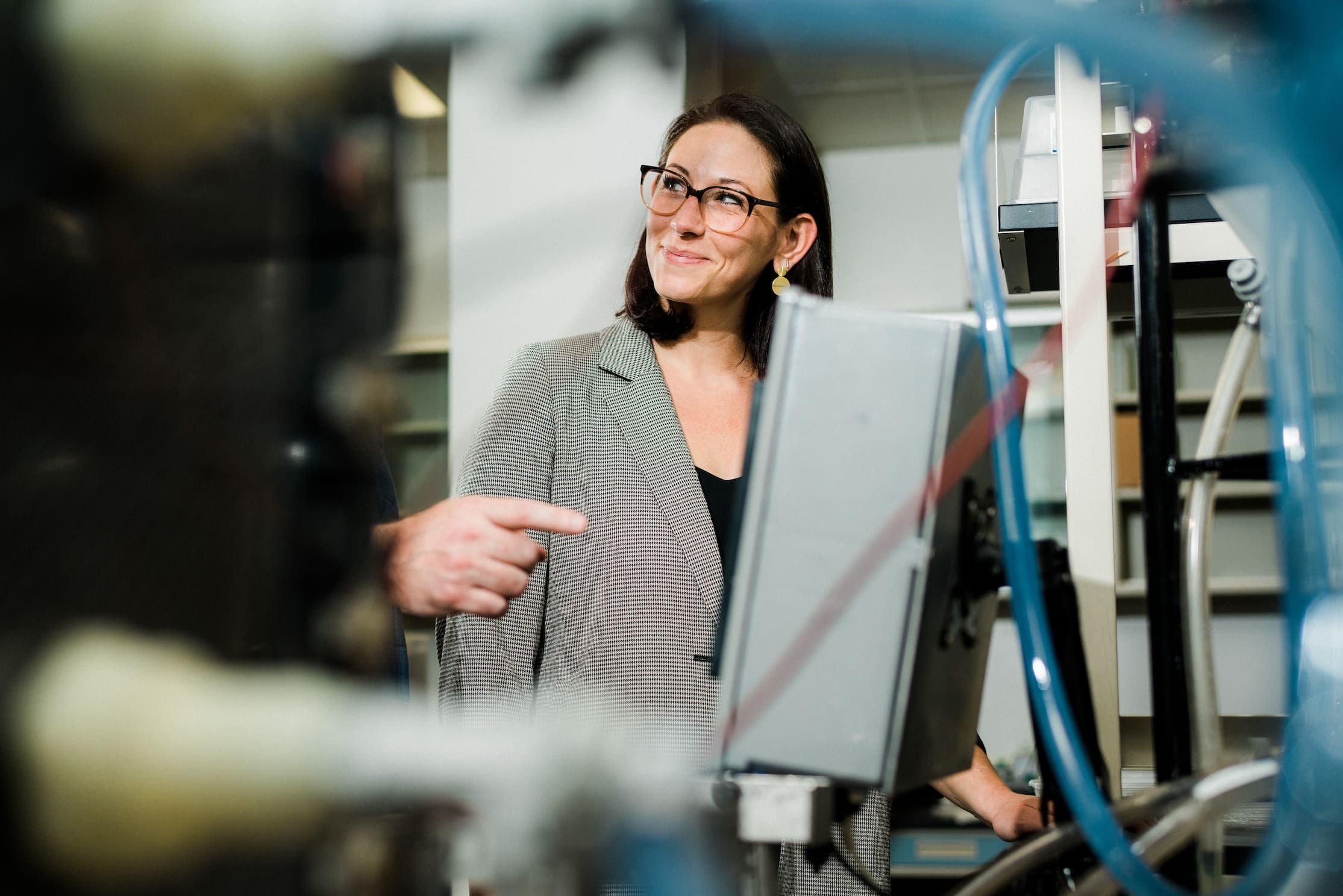
Megan O’Connor, Nth Cycle CEO, in their Boston, MA lab. (Photo Courtesy of Nth Cycle)
As critical as these minerals are to a sustainable future, O’Connor has had to work hard to get those initial venture capital investments – $60 million over the life of the company. One Oyster is being turned on in Fairfield, Ohio in March, and six more are expected to be deployed by the end of 2026.
“I’m often the only female in a room and a younger female at that, so sometimes people don’t listen to us. Elemental was a phenomenal help. Not only the money, but the guidance—what should I be concerned about today? How do I build an executive team? How should I approach marketing strategy? All the things you need to consider in those early days.”

